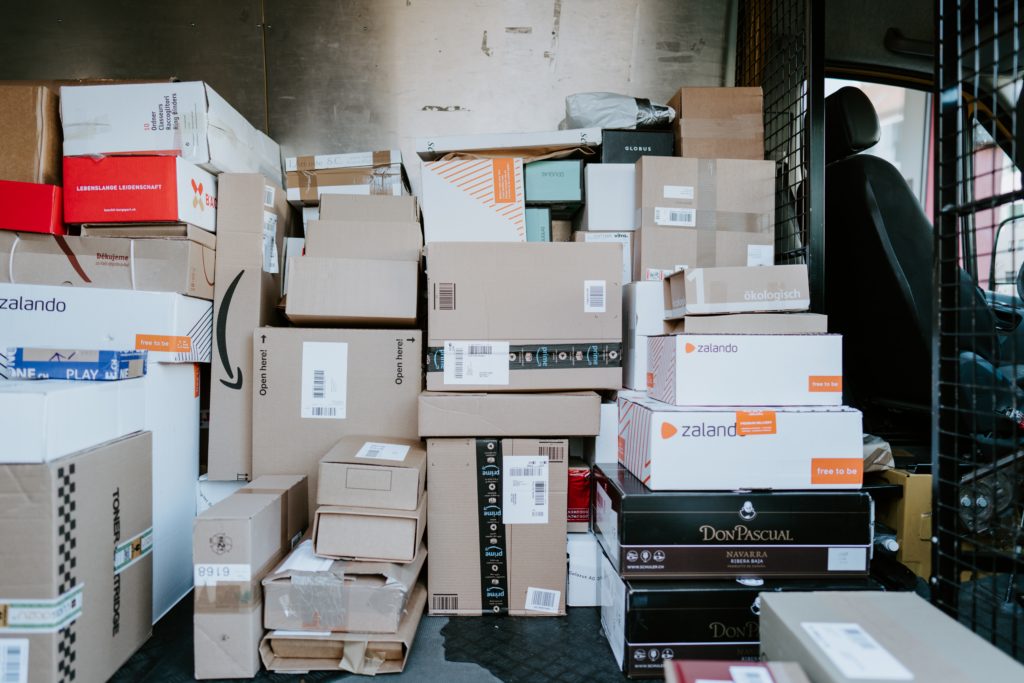How will my business be impacted once we actually Brexit?
If you buy and sell goods in Europe you have a lot to consider before the end of the year. The transitional period end date with the EU is almost upon us. In light of COVID-19 many business owners are much less prepared for this change than they’d like to be. We summarised some of the implications for goods importers and exporters below.
What are the core changes from January 2021?
- All imports arriving in the UK will be subject to import VAT and potentially customs duty.
- Equally, distance selling rules will no longer apply, so if you’re selling goods to a European customer UK VAT will no longer be applicable but import VAT and duty may be applicable in the EU destination country.
- Postponed accounting will be automatically available for all imports (not just EU imports). This means that for businesses registered for VAT in the UK, import VAT can be declared and recovered upfront rather than paying it and recovering it up to 3 months later – a significant cash flow advantage.
- Customs declarations will be required, although they can be deferred until 1st July 2021 for non-controlled goods. VAT is still reportable on an estimated basis if this is undertaken and differences between estimated and actuals reported when known.
- Non VAT registered traders in the UK will now pay VAT on imports.
- VAT returns will completely change for reporting EU acquisitions
- EC sales lists will no longer be required for Great British businesses.
How will I know how much VAT to pay?
HMRC will issue online statements that will show the amount of VAT postponed in the prior month. The amounts should be entered onto your VAT return as follows:
- Box 1 – Include the VAT due;
- Box 4 – Include the VAT reclaimed;
- And Box 7 – Include the total value of all imports of goods excluding any VAT
EORI Number
If you import goods into the UK make sure you have registered for a Economic Operator Registration Identification (EORI) number if you have not already done so.
If you need help preparing for the impact of Brexit please get in touch with us. Our experts would be delighted to help.
Who can help me prepare for Brexit?
For businesses, it is imperative to plan ahead for the new customs process (especially if you have not experienced this before). In some cases, it could even be beneficial to look at setting up an EU office to avoid bringing goods into the UK.
While most EU imports currently arrive into the UK VAT and duty-free, this will be different post-Brexit. Goods will be held at ports into any duties have been settled and if you are looking to re-sell this to another EU customer, goods would be stopped again before entering the country and the customer would have to pay customs and duty.
The biggest losers will be importers who are not VAT registered, as they will ultimately have to pay import VAT on goods now and not be able to reclaim this at a later date. As member of the Institute of Export and International Trade, Venn Accounts are perfectly positioned to help our clients with preparing for Brexit with our range of VAT accounting services.
Find out more about how we can help by calling us on 020 8088 2590, email enquiries@vennaccounts.com or fill in our contact form, and we’ll be in touch as soon as possible.






